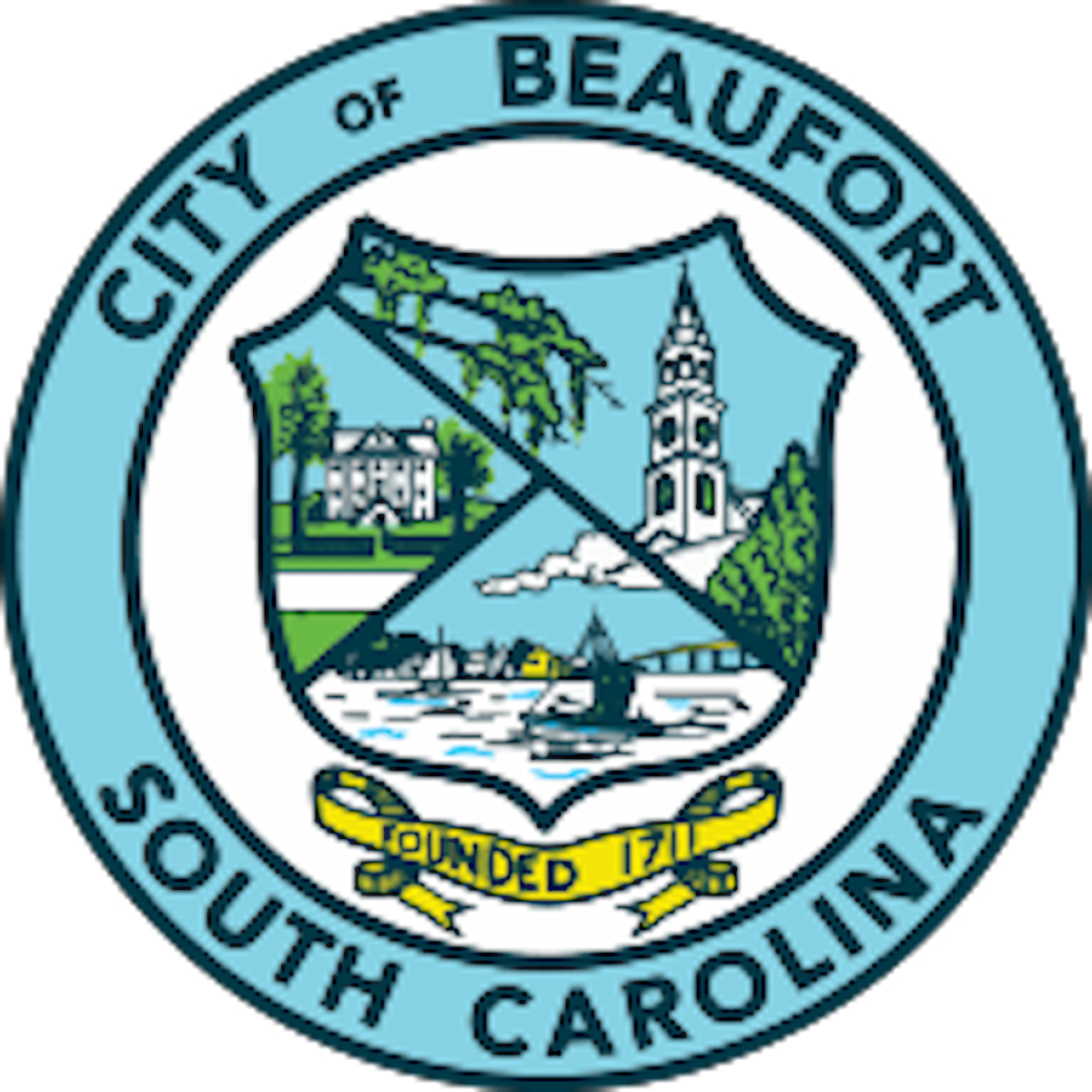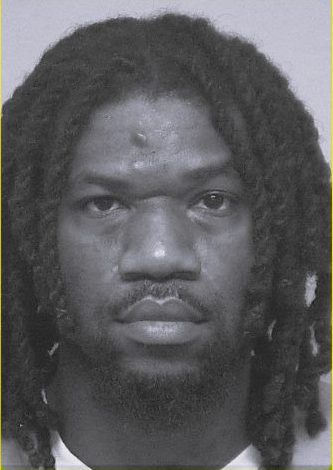By Delayna Earley
The Island News
The City of Beaufort may join ranks with the other municipalities in South Carolina passing hate crime ordinances due to the lack of a statewide law.
During the city council work session on April 9, council members reviewed a proposed ordinance stating that “a person who violates another with intent to intimidate another person or persons in whole or in part because of the actual or perceived race, color, creed, religion, ancestry, gender, sexual orientation, gender identity, physical or mental disability, or national origin of the other person or persons in guilty of the separate offense of hate intimidation.”
Along with Wyoming, South Carolina is currently one of two states that does not have a statewide statue on hate crimes according to City of Beaufort Council member Mike McFee.
Prior to last week, nine municipalities – Bluffton, Charleston, Clemson, Columbia, Conway, Florence, Greenville, Hardeeville, and Mouth Pleasant – had adopted ordinances that address hate crimes.
The City of Myrtle Beach and the Town of Summerville joined the list by adopting ordinances last week.
The language that has been adopted by the City of Beaufort was taken from the other municipalities to create continuity between the cities.
This ordinance does not create a standalone offense, so you wouldn’t have someone charged with violating the hate crime statute, but it would fall to the police department to prove that a crime has been committed against one of the protected classes and the hate intimidation charge would be added if warranted.
City Manager Scott Marshall, who recommended the ordinance, said that while there is legislation that is currently pending in the S.C. State Senate, there is no guarantee that it will pass.
The state legislation, named “Clementa C. Pinckney Hate Crimes Act,” has passed the House and the Senate’s Judiciary Committee, but has failed to pass the full Senate.
Pinckney, who was from Beaufort, was one of the nine Black churchgoers who were shot and killed during the 2015 massacre at Mother Emanuel African Methodist Episcopal Church in Charleston.
This uncertainty over the state legislation is what has led Beaufort and cities statewide to consider implementing their own ordinances.
While some members of the city council expressed their immediate support for the effort, others were not so sure and raised concerns.
Council member Josh Scallate and Beaufort Mayor Phil Cromer expressed concerns about the “subjective” nature of prosecuting a hate crime involving gender identity, as described by Assistant City Manager John J. Sauve, as internal and not necessarily visible to others.
Scallate also worried about potential costs associated additional hate crime sentences and Cromer was worried about training law enforcement officers for dealing with another level of investigation regarding crimes.
Council member Mitch Mitchell stated that cost should not be a factor.
Under the new ordinance, violations against the protected classes would be misdemeanors and could bring a fine of up to $500 and jail time of up to 30 days.
According to the Federal Bureau of Investigation (FBI), in 2022 there were 65 reported hate crimes in South Carolina, 107 in 2021 and 110 in 2020.
There were no hate crimes committed in Beaufort County last year, but according to Sauve, this is a preventative measure.
There were no actions taken regarding the ordinance at this time, but in order for it to pass it will need to be moved to the City of Beaufort Council meeting, have two readings and a final vote.
Delayna Earley, who joined The Island News in 2022, formerly worked as a photojournalist for The Island Packet/The Beaufort Gazette, as well as newspapers in Indiana and Virginia. She can be reached at delayna.theislandnews@gmail.com.









